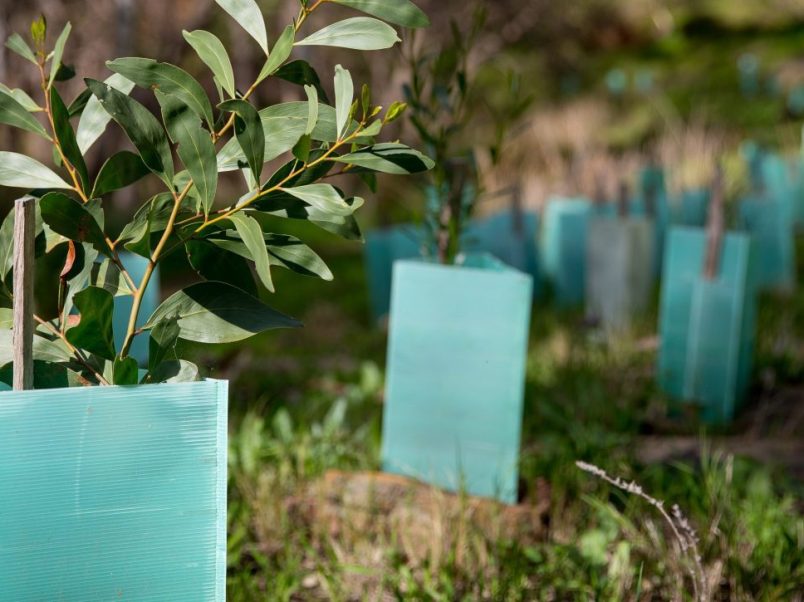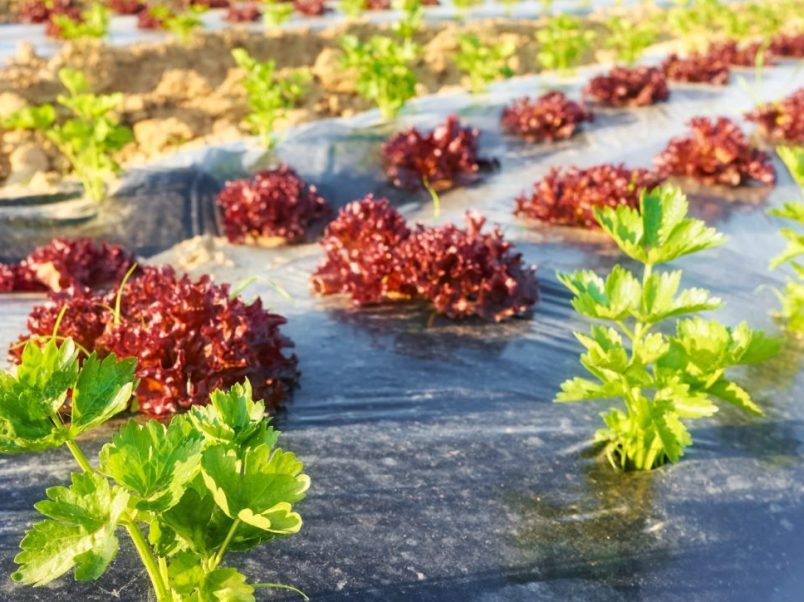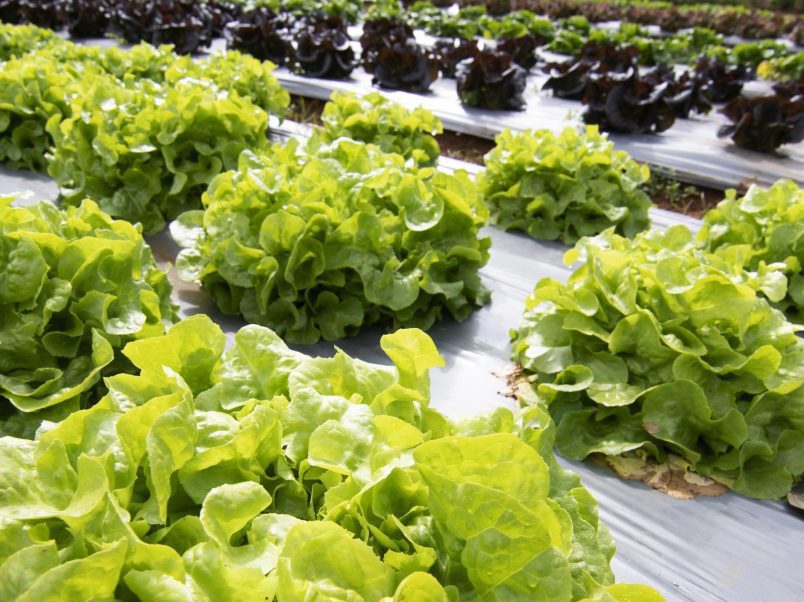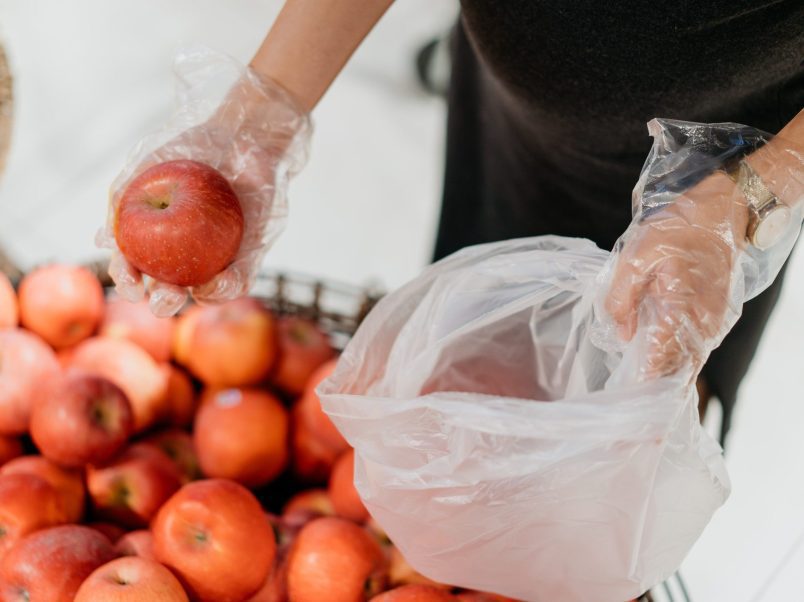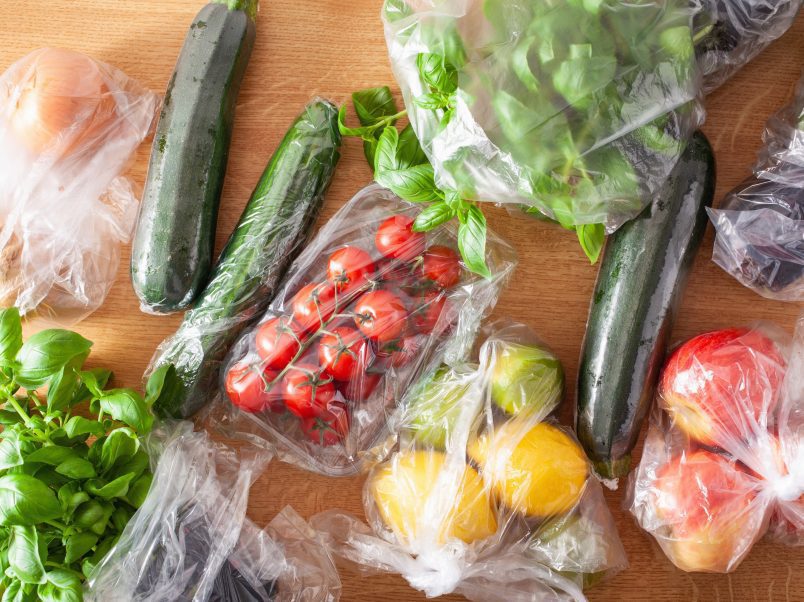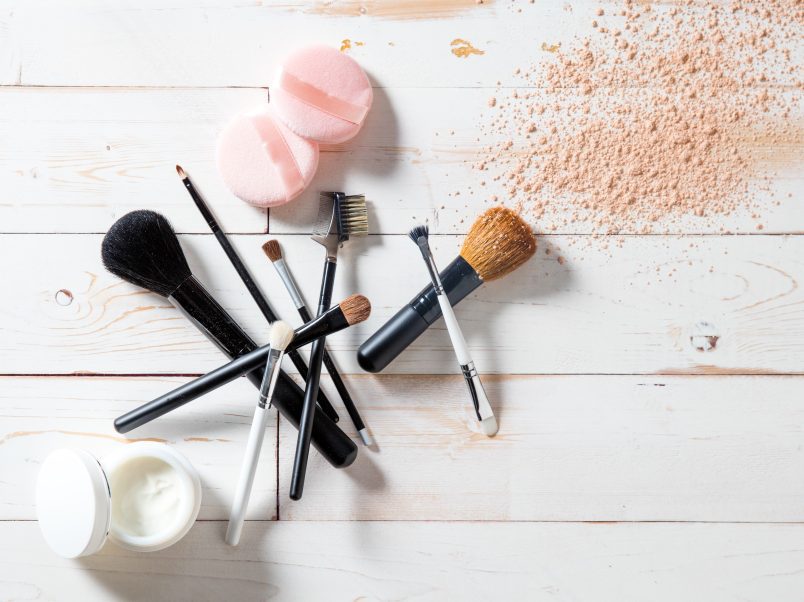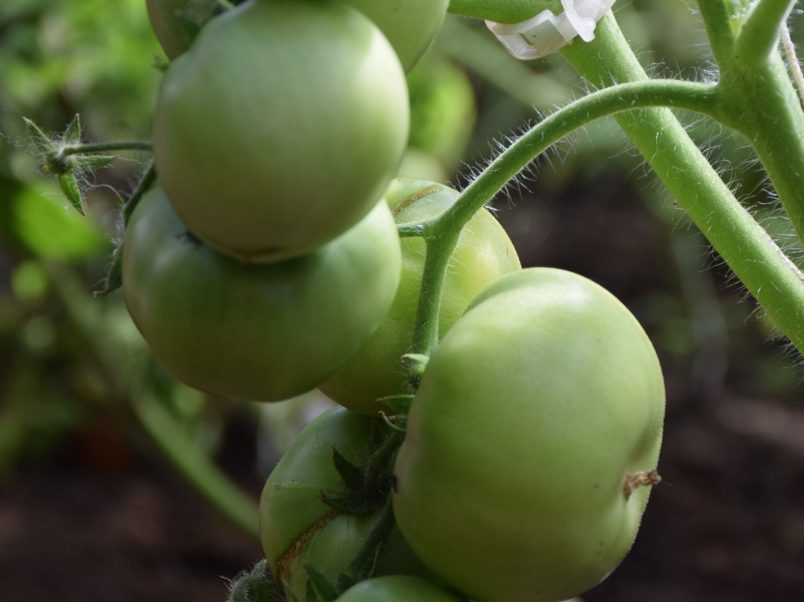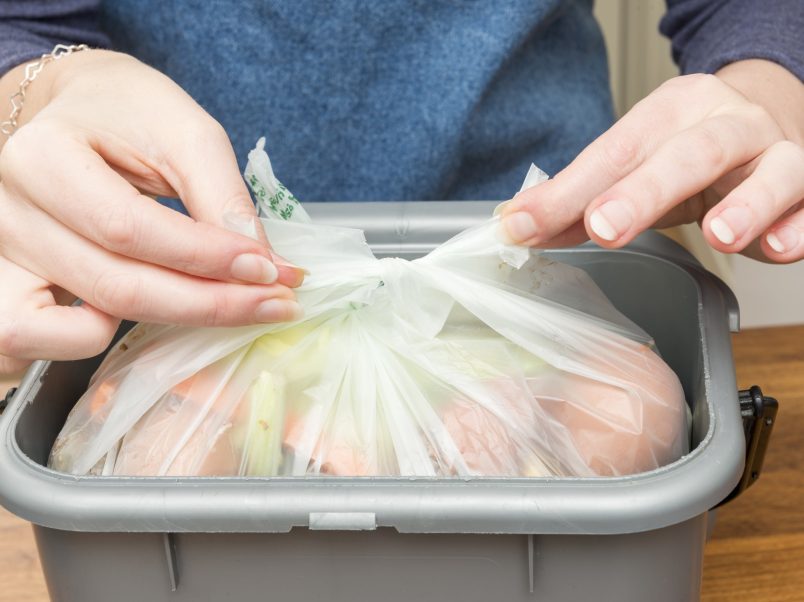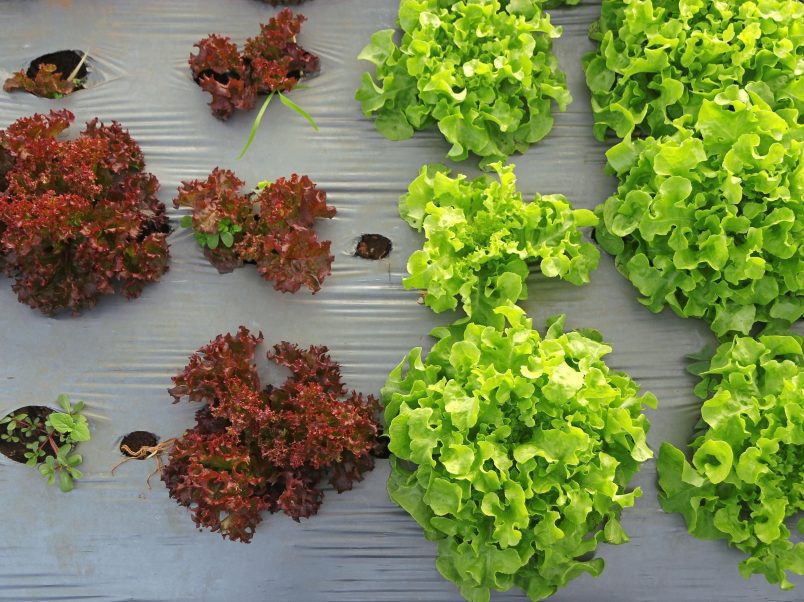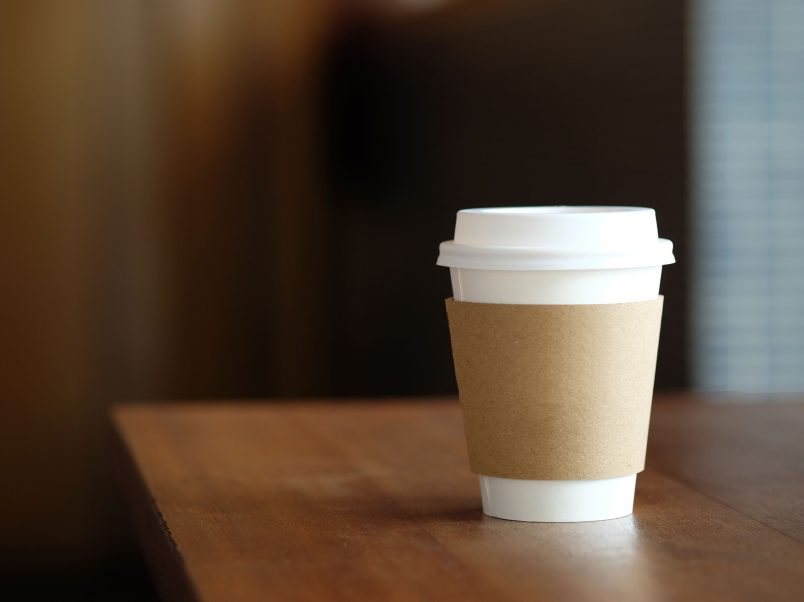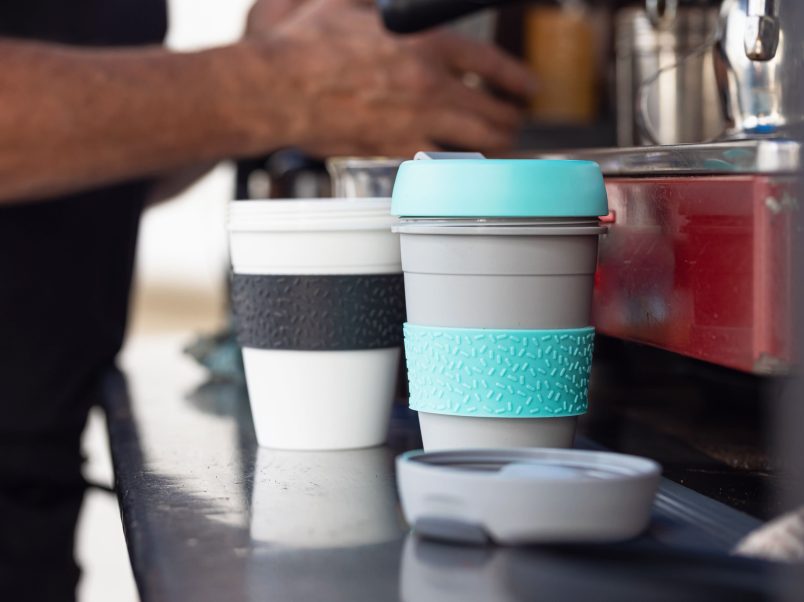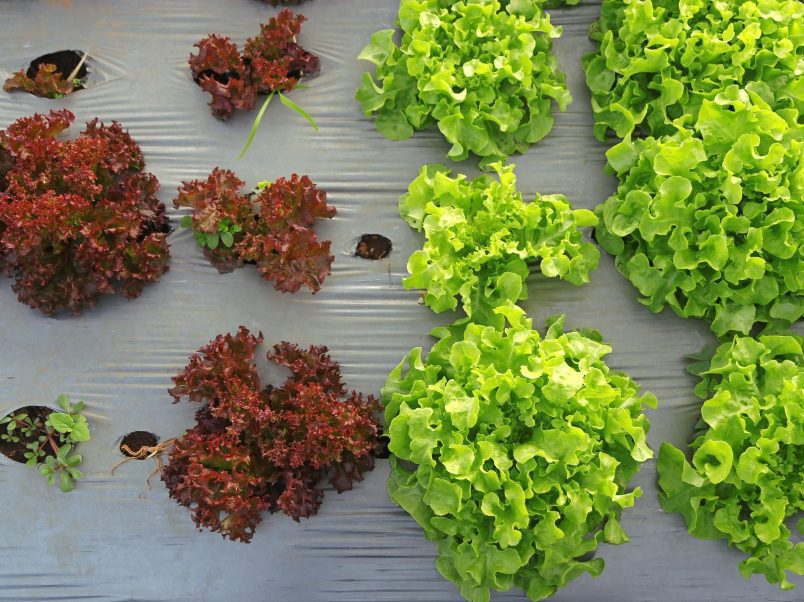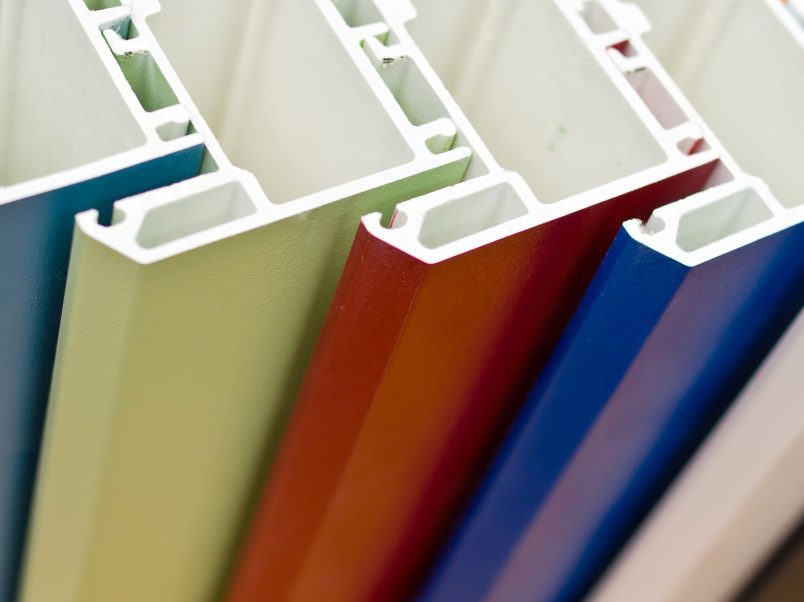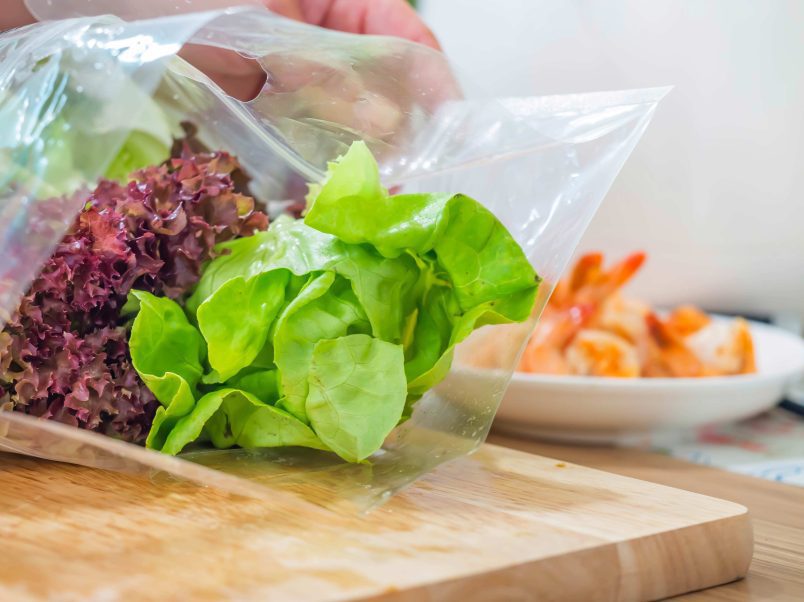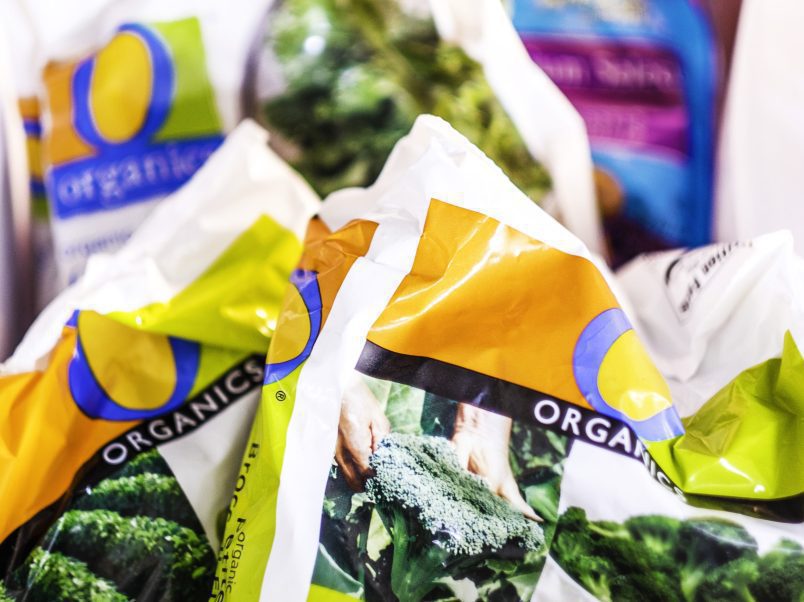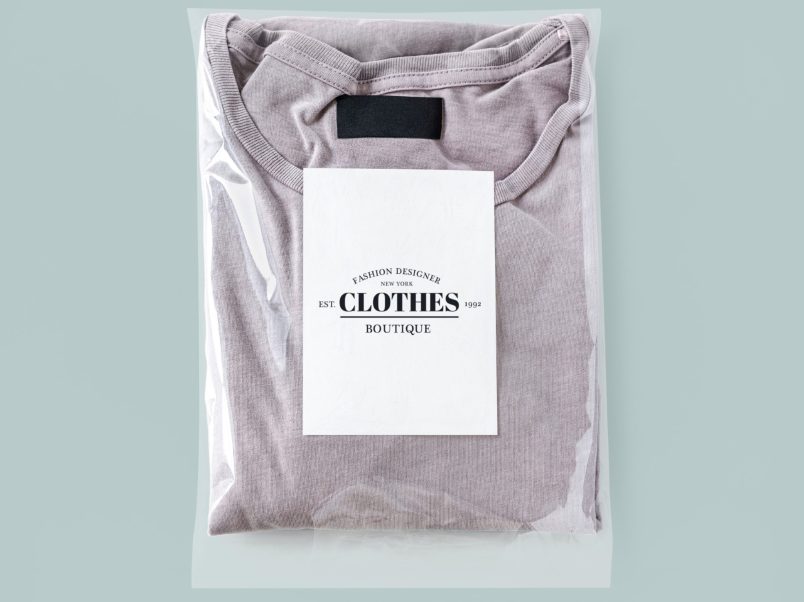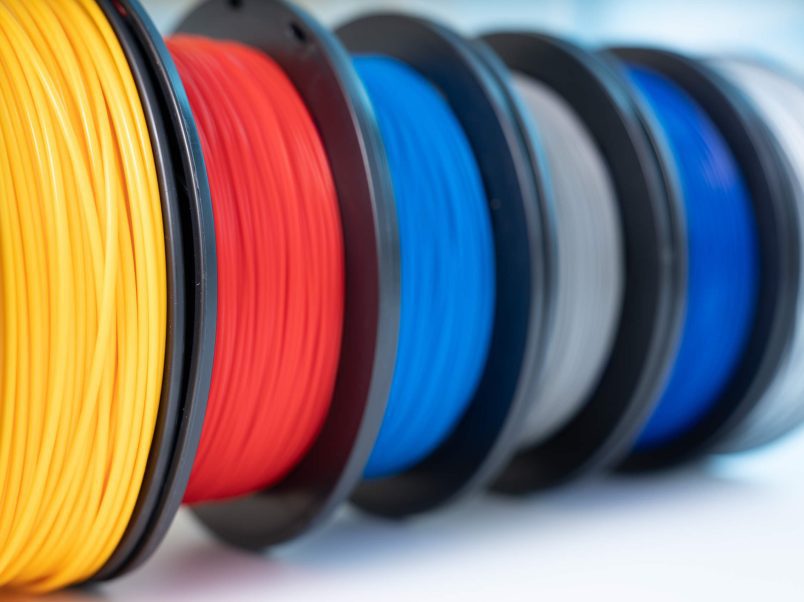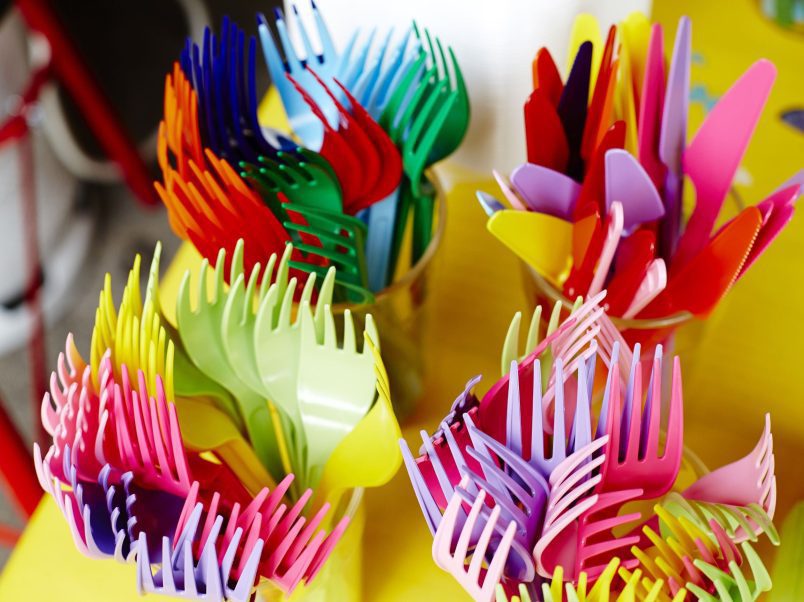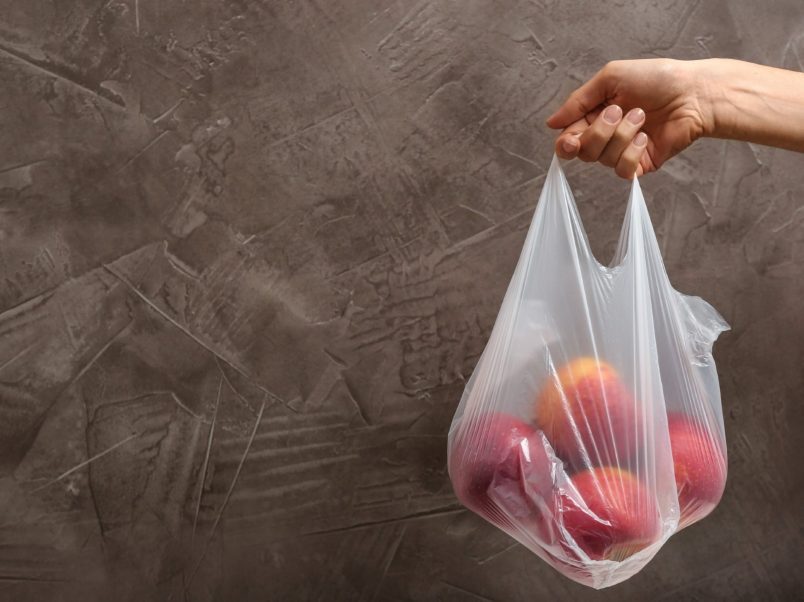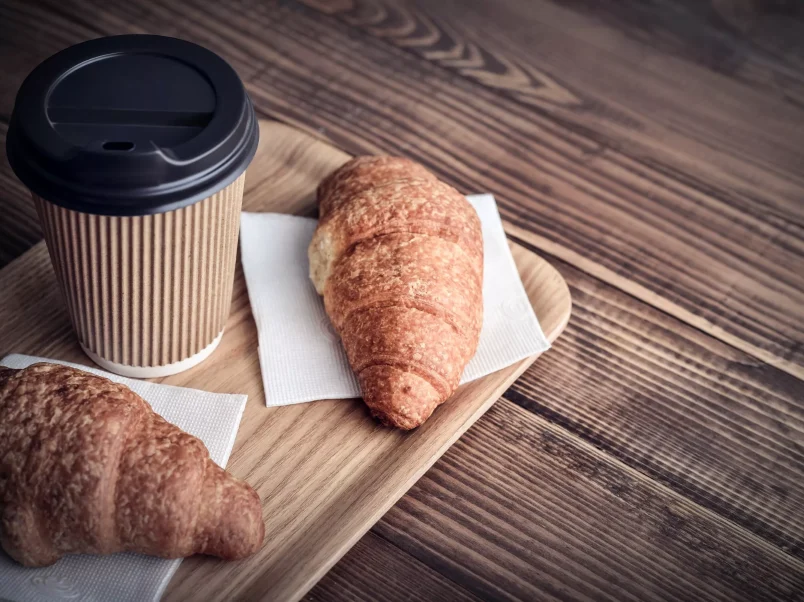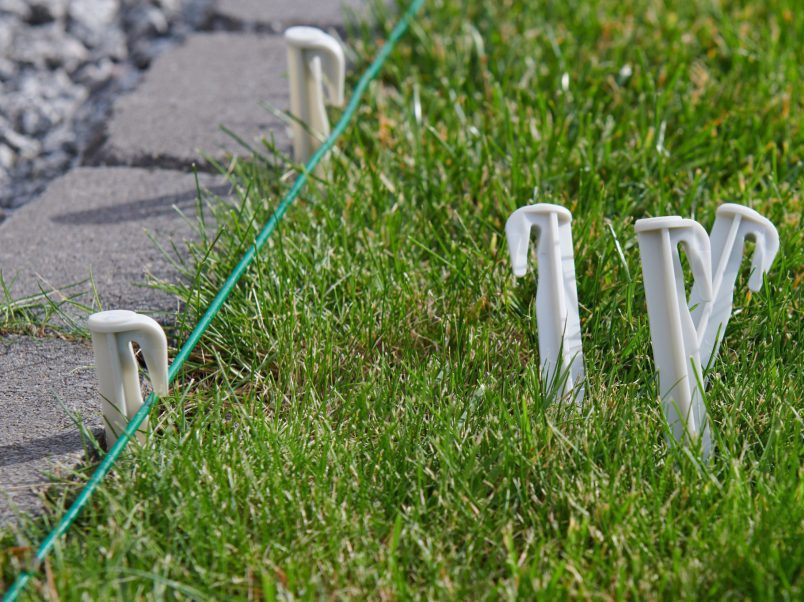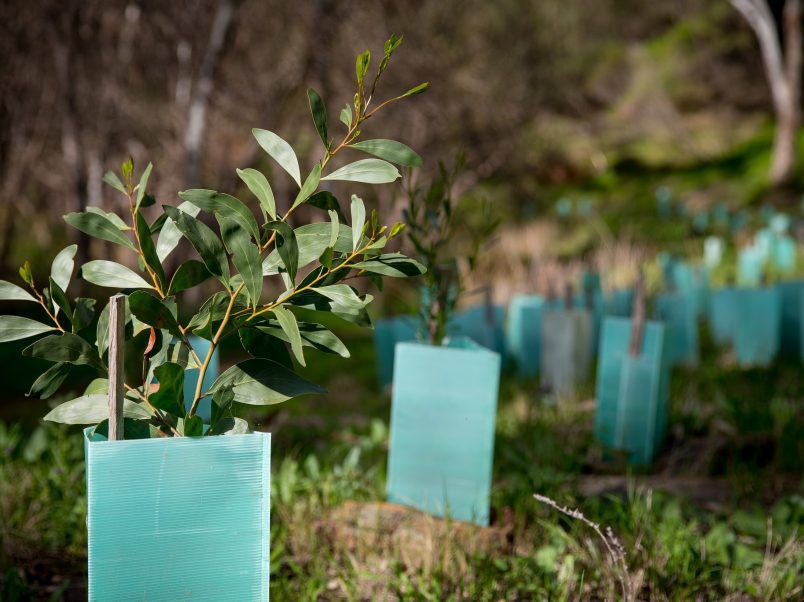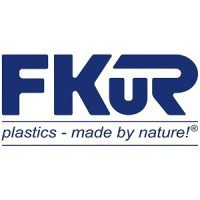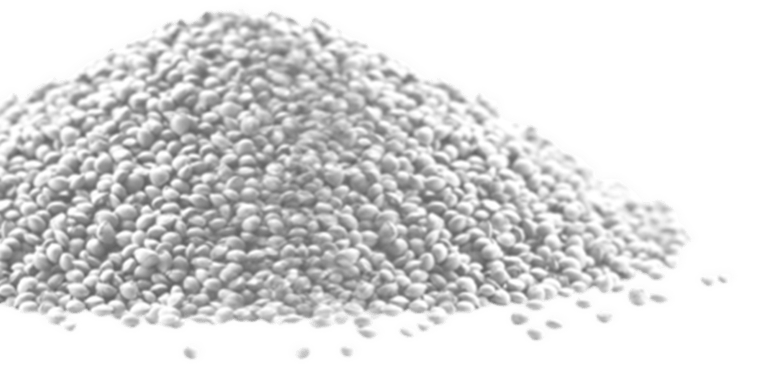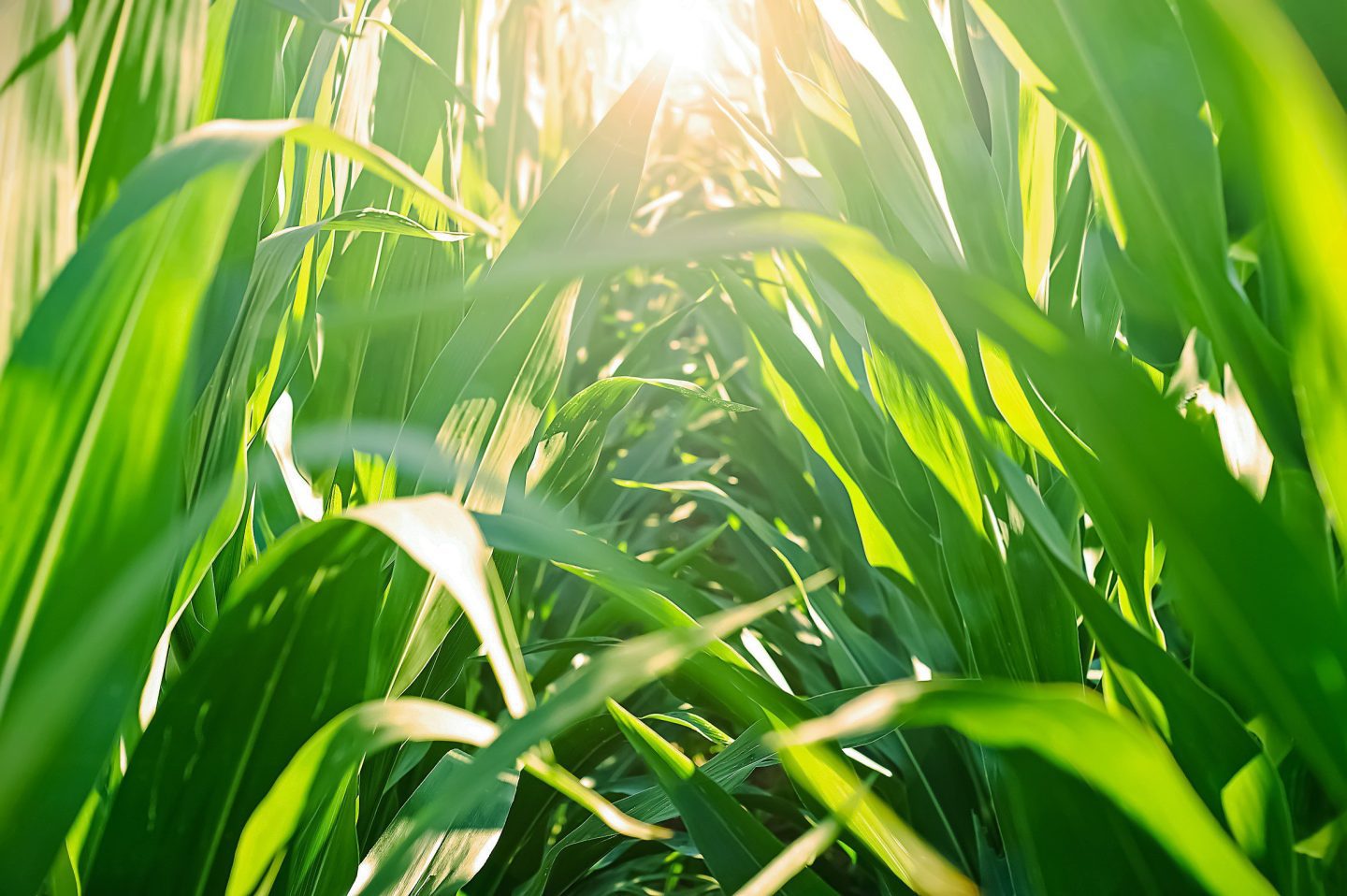
Bio-Flex
Biobased and compostable bioplastic resins for flexible packaging
Bio-Flex® is a product family of biodegradable and certified compostable plastics based on renewable raw materials. The main applications of Bio-Flex® bioplastics include a wide range of flexible film applications, such as agricultural, household and hygiene films, but are also used in injection molded products or thermoformed articles.
Highlights of Bio-Flex
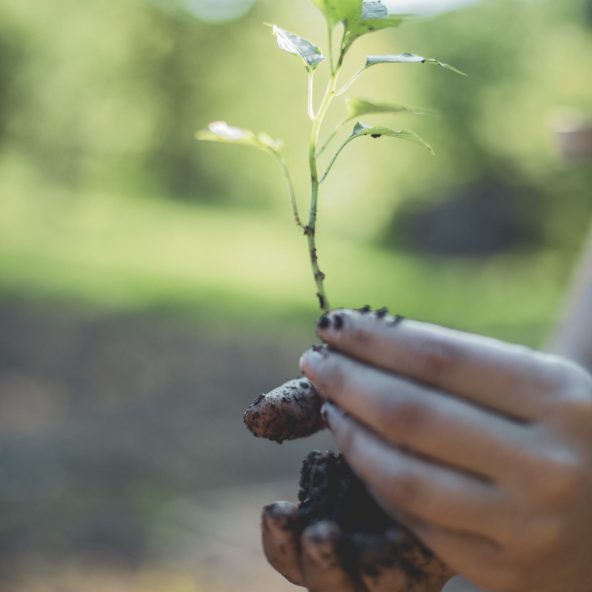
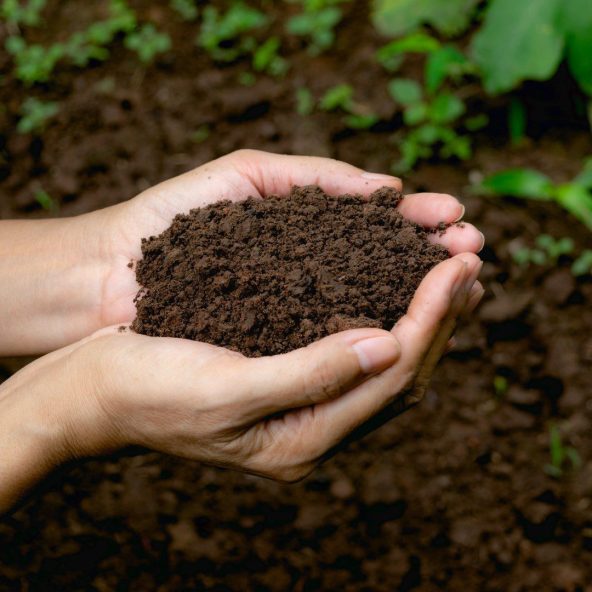
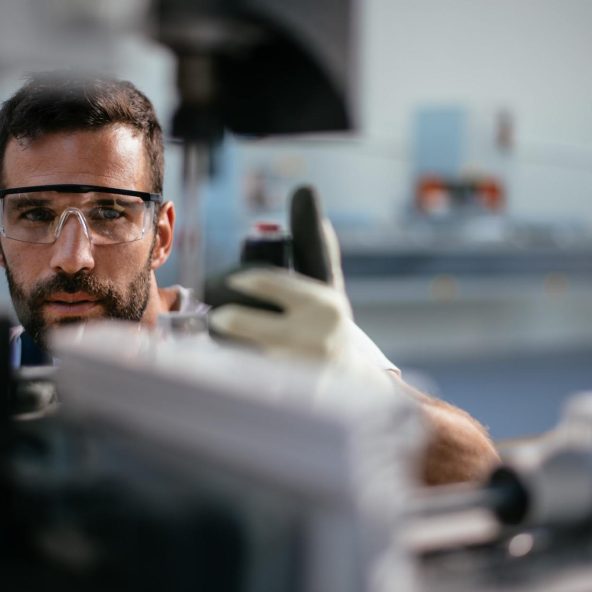
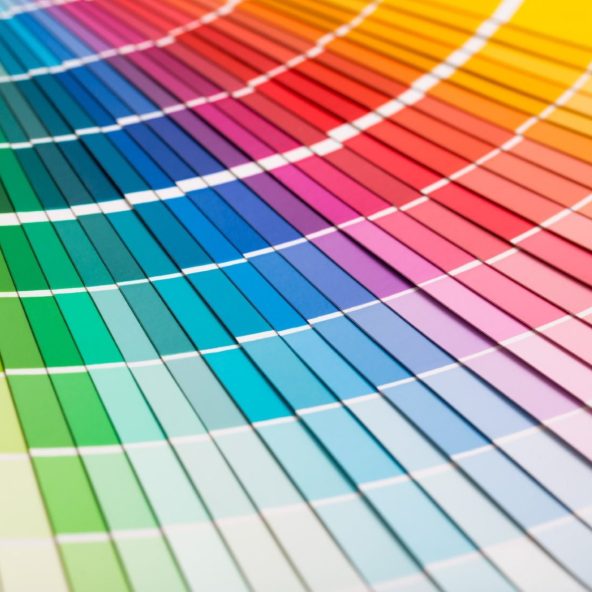
With Bio-Flex® the following products can be made:
Certified compostable bioplastic granules based on renewable resources
Bio-Flex® is a product family of technically advanced and innovative biopolymers that combines renewability, biodegradability and compostability. The natural raw material basis of these PLA blends (polylactic acid blends) is, for example, corn, sugar cane or castor oil.
All Bio-Flex bioplastic granules are fully biodegradable (according to EN 13432) and are based entirely or partly on renewable raw materials. In addition, the majority of Bio-Flex® granules meet the requirements of national and international compostability standards (EN 13432, ASMT D 6866) and are thus considered certified compostable bioplastics.
Due to their multifaceted properties and excellent processability, Bio-Flex® bioplastic granules have become firmly established in numerous applications. Products made from Bio-Flex® are just as high performing and robust as products made from conventional plastics. Compared to starch-based bioplastics, Bio-Flex® is more resistant to mechanical stress and moisture.
Easy-to-process bioplastic for extrusion, thermoforming and injection molding
The flexible bioplastics of the Bio-Flex® product family can be processed using a wide range of plastics processing methods. As ready-to-use plastic compounds, they have the same properties as standard fossil plastics and can be processed just as easily on existing production equipment. Further blending is not necessary.
Industrially or home compostable bioplastics enable alternative disposal
The Bio-Flex® bioplastic portfolio includes a variety of biodegradable and compostable biopolymers. Due to its special chemical structure, Bio-Flex® can be degraded by microorganisms. Under the standardized conditions that prevail in an industrial composting plant – higher temperature, high moisture, defined oxygen content – degradation takes place within a few weeks.
Consequently, the organic recycling route is open to these bioplastics – they offer an alternative disposal route. This is particularly efficient if plastic articles are contaminated with food and mechanical recycling would be unreasonably costly.
As they are easy and hygienic to handle, compostable organic waste bags also ensure that less valuable organic waste is disposed of in the residual waste garbage container. In this way, they have the potential to increase the amount of separately collected organic waste and, at the same time, the yield of valuable compost. This later serves as fertilizer, for example for those crops that are at the beginning of this cycle.
The compostable Bio-Flex® bioplastic products are therefore not only a moisture-resistant alternative to paper bags, but also preserve resources.
Home compostable plastics completely degrade in garden compost
If there is no infrastructure of composting facilities, or if applications are designed to remain in nature, home-compostable or soil-degradable Bio-Flex® grades are an optimal choice (e.g. tree guards, mulch film, plant clips, plant pots, etc.). These granules biodegrade completely even at the low and changing temperatures in garden compost. Those Bio-Flex® bioplastic types carry the OK Compost HOME or OK biodegradable SOIL certificate of TÜV Austria.
Especially agricultural applications take advantage of the biodegradation / compostability: Plant clips that fall off during plant growth can remain in the soil until complete decomposition. Mulch films made of Bio-Flex® also do not have to be collected separately, but can be easily ploughed in with the rest of the plant material.
Plastics for the circular economy: In-house recycling of production waste possible
As with production waste from fossil-based plastics, waste from biobased and compostable bioplastics can also be recycled to a large extent. Our customers already recycle production waste from injection molding or thermoforming as well as edge trim from film extrusion and return this to the production process as recyclate.
Breathable biodegradable plastics keep food longer fresh
Biodegradable plastics such as Bio-Flex® have a natural breathability, i.e. the permeability for oxygen, water vapor is higher than conventional fossil plastics. This can be an advantage in certain applications, e.g. fruit and vegetable packaging, as it has a positive effect on the shelf life of the food and yet provides protection against e.g. contamination. Barrier properties can further be improved by antimicrobial coatings or by clever material combinations and are in future able to achieve better preservation of e.g. foods.

